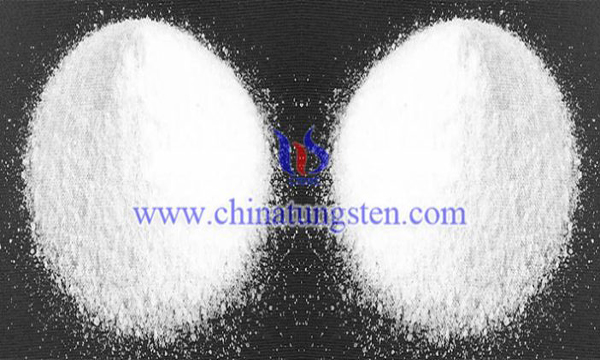Who Owns Most of Tungsten Corporation Plc (LONTUNG)
- Details
- Category: Tungsten Audio
- Published on Friday, 29 December 2017 14:25
- Hits: 555
Institutional Ownership
In TUNG’s case, institutional ownership stands at 63.12%, significant enough to cause considerable price moves in the case of large institutional transactions, especially when there is a low level of public shares available on the market to trade.
However, as not all institutions are alike, such high volatility events, especially in the short-term, have been more frequently linked to active market participants like hedge funds. With hedge funds holding a 28.40% stake in the company, its share price can experience heightened volatility. We should dig deeper into the company’s ownership structure to find how the rest of its ownership structure can impact its investment case.
Insider Ownership
Another important group of shareholders are company insiders. Insider ownership has to do more with how the company is managed and less to do with the direct impact of the magnitude of shares trading on the market. TUNG insiders hold a not-so-significant 1.60% stake in the company, which somewhat aligns their interests with that of shareholders. However, a higher level of insider ownership has been linked to management executing on high-returning projects instead of expansion projects for the sake of apparent growth. In addition to this, it may be interesting to look at insider buying and selling activities. Keep in mind that buying may be sign of upbeat future expectations, but selling doesn’t necessarily mean the opposite as the insiders might just be doing it out of their personal financial needs.

General Public Ownership
The general public holds 3.88% stake in TUNG, which represents a relatively small class of owners. This size of ownership, while considerably small for a public company, may not be enough to change company policy if the decision is not in sync with other large shareholders.
Private Company Ownership
Another important group of owners for potential investors in TUNG are private companies that hold a stake of 0.10% in TUNG. These are companies that are mainly invested due to their strategic interests or are incentivized by reaping capital gains on investments their shareholdings. However, an ownership of this size may be relatively insignificant, meaning that these shareholders may not have the potential to influence TUNG’s business strategy. Thus, investors not need worry too much about the consequences of these holdings.
- Tungsten Manufacturer & Supplier, Chinatungsten Online: www.chinatungsten.com
- Tungsten News & Prices of China Tungsten Industry Association: www.ctia.com.cn
- Molybdenum News & Price: news.molybdenum.com.cn
- Tel.: 86 592 5129696; Fax: 86 592 5129797; Email: sales@chinatungsten.com



 sales@chinatungsten.com
sales@chinatungsten.com